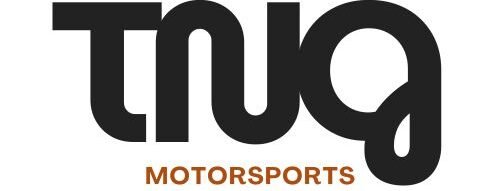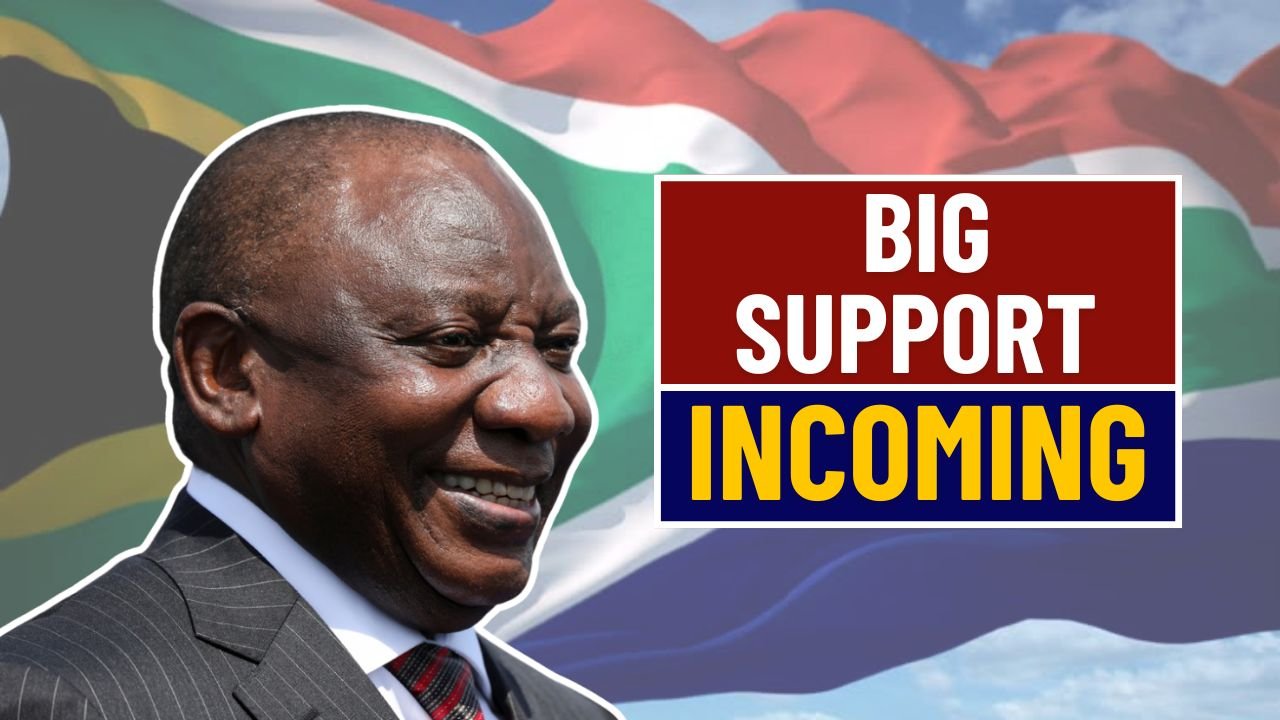The South African Social Security Agency (SASSA) is contemplating the introduction of a Basic Income Grant (BIG) beginning in July 2025. Designed to provide monthly financial relief to working-age adults facing unemployment or insufficient income, this initiative aims to support individuals between ages 18 and 59 who do not qualify for other social grants. With South Africa grappling with rising economic pressures such as persistent unemployment, widespread poverty, and socio-economic inequality the proposed grant is increasingly viewed as an essential component of the nation’s welfare architecture.
The Urgent Need for a Monthly Guarantee
South Africa has seen a troubling rise in joblessness and poverty over recent years, leaving many adult citizens with no stable source of income. Traditional welfare programs like child support or old age pensions do not address the gap faced by those ineligible for these benefits. Advocates believe the BIG could play a transformative role by preventing households from slipping below the poverty line. According to projections, the implementation of a Basic Income Grant could enhance national GDP growth by approximately 2.2%, as increased purchasing power for the underserved would ripple through the broader economy.
Financing the Basic Income Grant
The proposed grant has sparked extensive debate over the source of funding. Although the National Treasury has expressed concerns about the added financial burden particularly amid dwindling tax revenues and an existing welfare system a coalition of civil society groups offers potential funding solutions. Researchers from the Institute for Economic Justice (IEJ) recommend a mix of fiscal measures: a 1 percent wealth tax on the country’s highest earners, a 2.5 percent levy on employees’ salaries dedicated to social security, and a modest increase in Value‑Added Tax (VAT). These combined methods could generate significant revenue while preventing undue stress on any single taxpayer group.
Defining the Grant and Its Recipients

What sets the SASSA Basic Income Grant apart from existing welfare programs is its focus on the unemployed working-age population. In contrast to grants targeting elderly individuals, children, or people with disabilities, the BIG is tailored for adults aged 18 to 59 who are not able to earn enough wages yet are ineligible for other support grants. First proposed in the early 2000s, the BIG aims to offer a dependable safety net for this demographic, helping them afford essential expenses and remain economically active rather than resorting to extreme deprivation.
Grant Framework and Eligibility Requirements
The envisioned grant would distribute R1,417 per month aligned with the upper poverty line threshold in South Africa. Recipients would include South African citizens aged 18 to 59, provided they are not already beneficiaries of adult grants such as War Veterans, Disability, or the Child Dependency Grant. The BIG is also likely to subsume the existing Social Relief of Distress (SRD) R350 grant, offering a higher stipend and more inclusive coverage to those who continue to seek employment but struggle to earn a sustainable living.
Proposed Grant Structure at a Glance
The following table outlines the primary features of the proposed Basic Income Grant:
| Grant Aspect | Proposed Details |
|---|---|
| Grant Name | Basic Income Grant (BIG) by SASSA |
| Target Age Group | South Africans aged 18-59, unemployed |
| Monthly Amount | R1,417 (aligned with upper poverty line) |
| Suggested Funding Mechanisms | Wealth tax, Social Security levy, VAT increase |
| Estimated Economic Outcome | Up to 2.2% GDP boost |
| Key Funding Concern | Balancing cost with national revenue limitations |
This structured model highlights the grant’s scope, funding options, and potential economic benefit while acknowledging the importance of financial sustainability.
Debating the Outcomes and Trade-Offs
Supporters of the Basic Income Grant emphasize its role in mitigating poverty, promoting economic participation, and strengthening social stability. Critics, however, warn of potential drawbacks, such as reduced incentives to work, administrative complexity, and financial implications for taxpayers. Finance Minister Enoch Godongwana has acknowledged both the potential benefits and risks. He suggests that with prudent budget management and thoughtful integration into existing welfare programs, the BIG may be feasible without jeopardizing fiscal health.
A Bold Shift in Social Welfare
The proposed SASSA Basic Income Grant represents a bold departure from South Africa’s traditional welfare system. It aims to extend financial support to a demographic that has historically been underserved workers of working age struggling to secure sustainable employment. While the concept has sparked energetic debate and raised significant questions around financing, many analysts view it as a critical step toward reducing poverty and supporting broader economic growth. If implemented in July 2025, the BIG could mark a historic shift in how the nation approaches social protection for its most vulnerable citizens.

